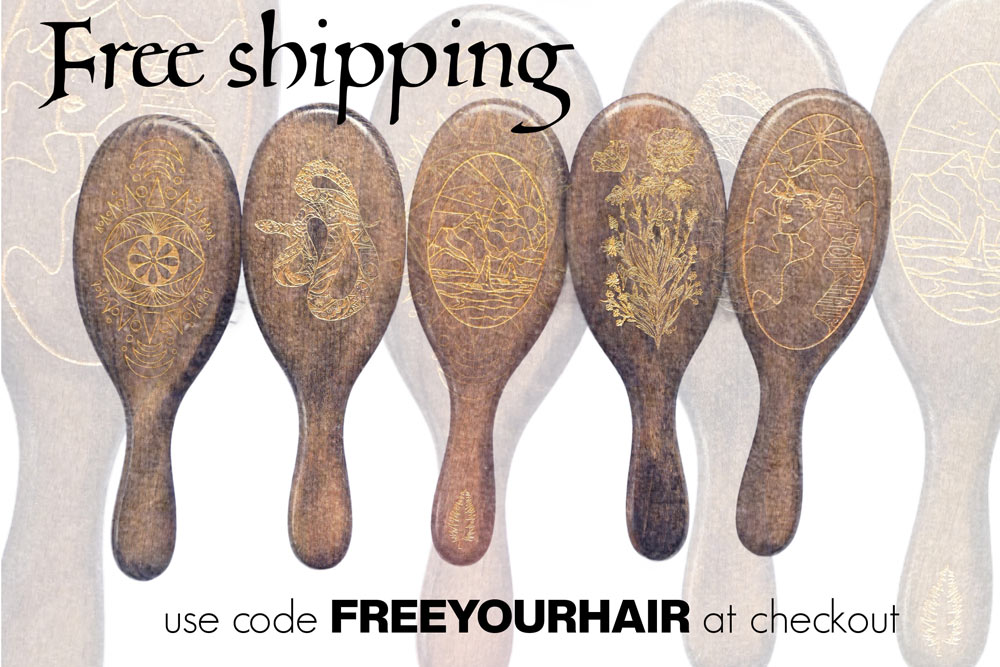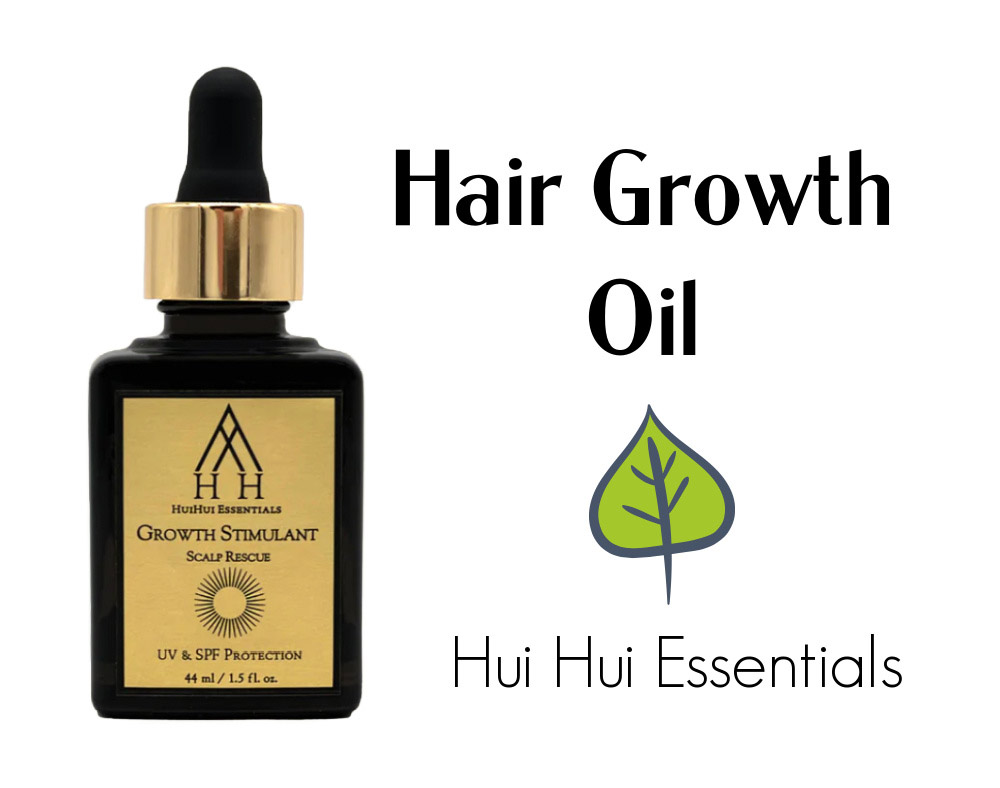 Pine tar, also known as, “peasant made tar,” is produced from the stumps of pine trees (Pinus Silvestris). Pine tar is golden brown in color and is free from soot and other impurities. It is characterized by high resin content (retene, rosin acid) and low content of pitch. Pine tar has been used for centuries in animal husbandry as an anti-inflammatory and antifungal wound treatment. Traditionally, pine tar is added to homemade shampoos, bath soaks, and ointments; it is often used for treating skin conditions such as psoriasis, eczema, different types of allergic irritations and rashes.
Pine tar, also known as, “peasant made tar,” is produced from the stumps of pine trees (Pinus Silvestris). Pine tar is golden brown in color and is free from soot and other impurities. It is characterized by high resin content (retene, rosin acid) and low content of pitch. Pine tar has been used for centuries in animal husbandry as an anti-inflammatory and antifungal wound treatment. Traditionally, pine tar is added to homemade shampoos, bath soaks, and ointments; it is often used for treating skin conditions such as psoriasis, eczema, different types of allergic irritations and rashes.
Hair thinning and hair loss are hair conditions that are traditionally fought with pine tar products. While they may or may not be related to symptoms such as scalp lesions or irritations, these conditions are usually resolved quickly with the use of pine tar. Treating thin hair during periods of hair loss due to hormonal changes like pregnancy and menopause is helped with natural pine tar products as well. These completely organic products moisturize scalp skin intensely and aid in resolving acute or chronic scalp conditions. Pine tar also removes more common dandruff flakes effectively.
Pine tar is used for homemade soaps. These are the result of a cold process, which retains the beneficial ingredients in the soap intact. During the process of saponification, glycerin is produced. Glycerin is a natural moisturizer that attracts moisture from the air into the skin. This traditional old-fashioned method of producing soaps creates and retains glycerin. There are no petroleum based synthetic ingredients, nor fragrances. Glycerin is a valuable byproduct of the traditional soap making process. When it combines with the anti-inflammatory effect of the pine tar in a bar of homemade soap, it makes wonders for scalp skin.
beneficial ingredients in the soap intact. During the process of saponification, glycerin is produced. Glycerin is a natural moisturizer that attracts moisture from the air into the skin. This traditional old-fashioned method of producing soaps creates and retains glycerin. There are no petroleum based synthetic ingredients, nor fragrances. Glycerin is a valuable byproduct of the traditional soap making process. When it combines with the anti-inflammatory effect of the pine tar in a bar of homemade soap, it makes wonders for scalp skin.
Washing hair with traditional pine tar soap does not leave any dry and itchy feeling. Hair is perfectly moisturized, nourished and looks shiny. Pine tar soap cleans very well. Its anti-itch action effectively relieves psoriasis and eczema. The pine smell stays a bit longer and people who are not fond of it usually freeze the soap before use. Traditionally, after application of pine tar shampoos or soaps, hair is rinsed thoroughly with herbal teas or apple vinegar solution for better softening effect on hair. The traditional combined application of pine soap and herbal teas (especially from nettles) is considered one of the dandruff hair care recipes that have been used for centuries on end on these lands.







